Carrie’s dreams of adventure in the big city are quickly squashed as she discovers all that awaits her there is a bleak life of grueling and poorly paid factory work—that […]
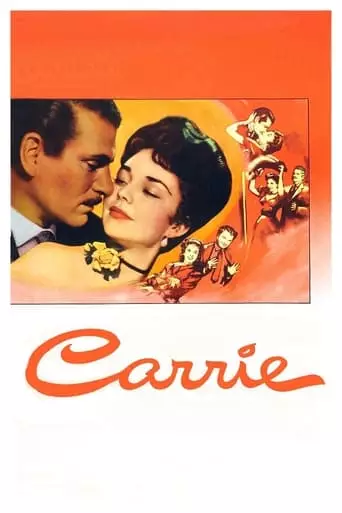
Carrie’s dreams of adventure in the big city are quickly squashed as she discovers all that awaits her there is a bleak life of grueling and poorly paid factory work—that […]
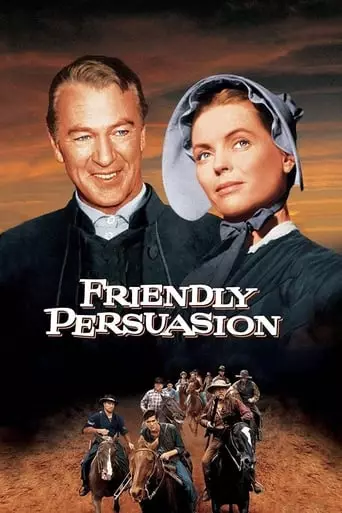
The story of a family of Quakers in Indiana in 1862. Their religious sect is strongly opposed to violence and war. It’s not easy for them to meet the rules […]
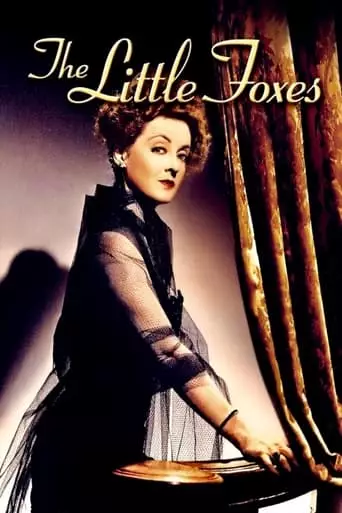
In 1900, a clan attempts to strike a deal with a Chicago industrialist to get him to build cotton mills in their Deep South town.
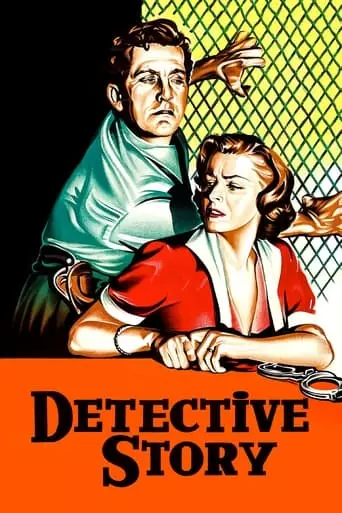
Tells the story of one day in the lives of the various people who populate a police detective squad. An embittered cop, Det. Jim McLeod, leads a precinct of characters […]
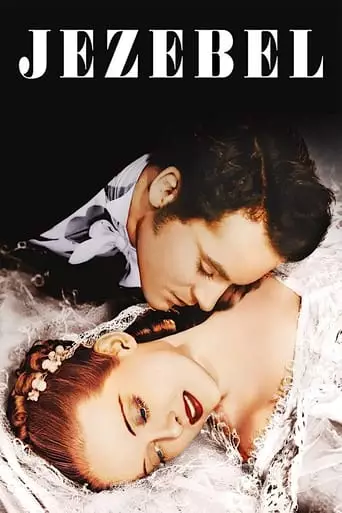
In 1850s Louisiana, the willfulness of a tempestuous Southern belle threatens to destroy all who care for her.
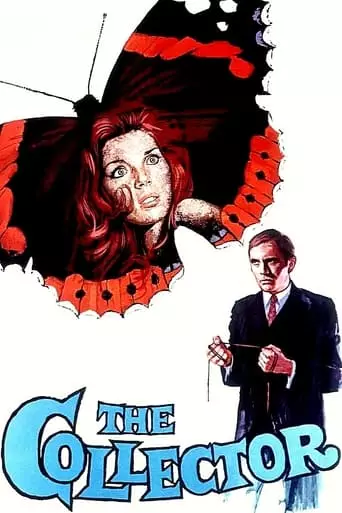
Freddie is an inept bank clerk with no future. His only hobby is collecting butterflies, which gives him a feeling of power and control that is otherwise totally missing from […]
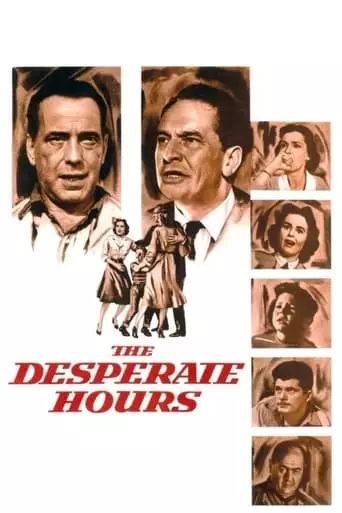
Escaped convicts terrorize a suburban family they’re holding hostage.
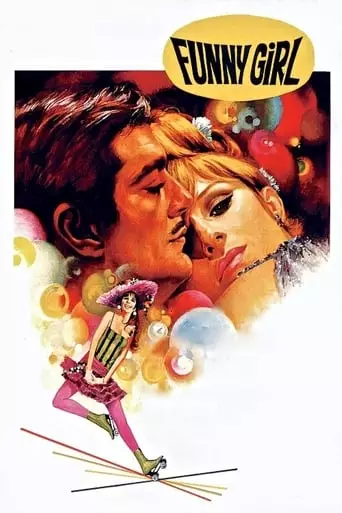
The story of the life of comedienne Fanny Brice, from her early days in the Jewish slums of the Lower East Side, to the height of her career with the […]
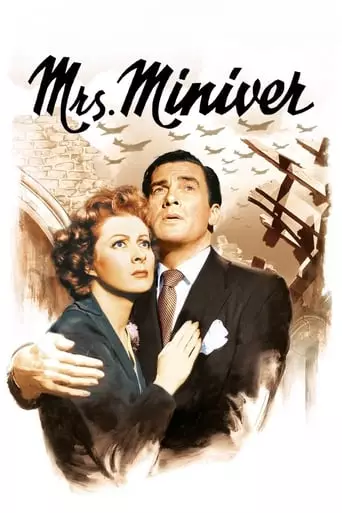
Middle-class housewife Kay Miniver deals with petty problems. She and her husband Clem watch her Oxford-educated son Vin court Carol Beldon, the charming granddaughter of the local nobility as represented […]
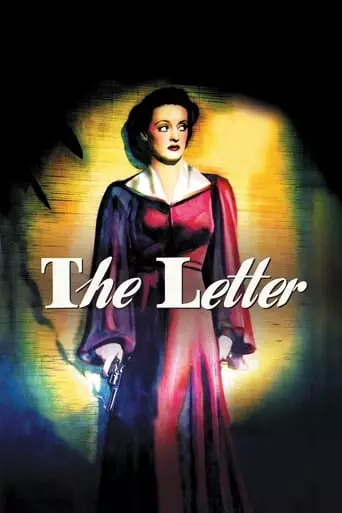
After a woman shoots a man to death, a damning letter she wrote raises suspicions.
William Wyler: The Architect of Hollywood Excellence
William Wyler, born July 1, 1902, in Mulhouse, Alsace (then part of Germany), was one of the most accomplished and versatile filmmakers in the history of Hollywood. Renowned for his meticulous attention to detail, mastery of storytelling, and ability to draw career-defining performances from actors, Wyler’s films remain enduring classics. Over his five-decade career, he garnered critical acclaim, winning three Academy Awards for Best Director and cementing his place as one of cinema’s greats.
Early Life and Career Beginnings
Wyler grew up in a middle-class Jewish family and showed little interest in filmmaking during his early years. However, through the influence of his relative Carl Laemmle, the founder of Universal Studios, Wyler immigrated to the United States in the early 1920s. Starting as an office boy at Universal, he gradually rose through the ranks, eventually directing silent Westerns during the late 1920s.
His early work laid the foundation for the rigorous craftsmanship and adaptability that would define his career.
A Master of Genre Versatility
Wyler’s filmography spans a wide array of genres, from historical epics and romantic dramas to socially conscious films and light comedies. What unified his work was his commitment to excellence, no matter the subject matter.
“Wuthering Heights” (1939)
This adaptation of Emily Brontë’s novel established Wyler as a premier director of romantic drama. Starring Laurence Olivier and Merle Oberon, the film was praised for its atmospheric cinematography and emotional intensity.
“Mrs. Miniver” (1942)
A patriotic yet intimate portrayal of a British family during World War II, Mrs. Miniver resonated deeply with wartime audiences and won six Academy Awards, including Best Picture and Best Director for Wyler. The film played a key role in rallying support for the Allied cause in America.
“The Best Years of Our Lives” (1946)
Wyler’s postwar drama about the struggles of returning veterans struck a chord with audiences and critics alike. The film won seven Academy Awards, including Best Picture and Best Director. Its realistic depiction of societal reintegration was groundbreaking for its time and remains a powerful exploration of trauma and resilience.
“Roman Holiday” (1953)
Wyler demonstrated his lighter side with this enchanting romantic comedy. Starring Audrey Hepburn in her breakout role and Gregory Peck, the film is celebrated for its charm, humor, and the unforgettable backdrop of Rome. Hepburn’s performance won her an Academy Award, underscoring Wyler’s reputation as an “actor’s director.”
“Ben-Hur” (1959)
Wyler’s crowning achievement, Ben-Hur, is an epic tale of revenge, redemption, and faith. Starring Charlton Heston, the film is famous for its stunning chariot race sequence and grand scale. It won 11 Academy Awards, a record at the time, including Best Picture and Wyler’s third Oscar for Best Director. The film epitomized the spectacle of Hollywood’s Golden Age while maintaining emotional depth.
Hallmarks of Wyler’s Style
Wyler’s films are distinguished by their balance of technical precision and emotional resonance.
Meticulous Craftsmanship: Known for his perfectionism, Wyler often demanded numerous takes to achieve the exact tone, timing, and nuance he envisioned.
Deep Focus Cinematography: He worked closely with cinematographers like Gregg Toland to create layered compositions, allowing audiences to see foreground and background action simultaneously (The Best Years of Our Lives).
Actor-Centric Approach: Wyler had a gift for eliciting extraordinary performances from his actors. A record 36 performers earned Oscar nominations under his direction, with 14 winning.
Subtlety and Realism: Wyler avoided melodrama, opting for nuanced storytelling that highlighted human complexity and emotional authenticity.
Collaborations and Relationships
Wyler frequently collaborated with some of the greatest stars and writers of his time, including Bette Davis, Audrey Hepburn, Humphrey Bogart, and Charlton Heston. His partnership with Bette Davis was particularly notable, resulting in classics like Jezebel (1938) and The Letter (1940). Davis often credited Wyler with shaping some of the finest performances of her career.
Awards and Legacy
William Wyler’s accolades are unparalleled:
Three Academy Awards for Best Director (Mrs. Miniver, The Best Years of Our Lives, and Ben-Hur).
12 nominations for Best Director, more than any other filmmaker in history.
Numerous films selected for preservation in the National Film Registry for their cultural, historical, or aesthetic significance.
His influence extends to filmmakers like Steven Spielberg and Christopher Nolan, who have praised Wyler’s ability to merge technical excellence with emotional storytelling.
Beyond Film
Wyler’s contributions extended beyond the screen. During World War II, he served in the U.S. Army Air Forces, directing acclaimed documentaries like The Memphis Belle: A Story of a Flying Fortress (1944). These films offered a raw and authentic glimpse into the realities of war.
Conclusion
William Wyler’s career is a testament to the power of versatility and dedication. From intimate dramas to grand epics, his work captures the breadth of human experience with unparalleled artistry. While his perfectionism sometimes earned him the nickname “90-Take Wyler,” it also ensured that his films would stand the test of time.
Wyler’s legacy endures as one of Hollywood’s most influential directors, a filmmaker who consistently elevated cinema to an art form while captivating audiences with stories that resonate across generations.